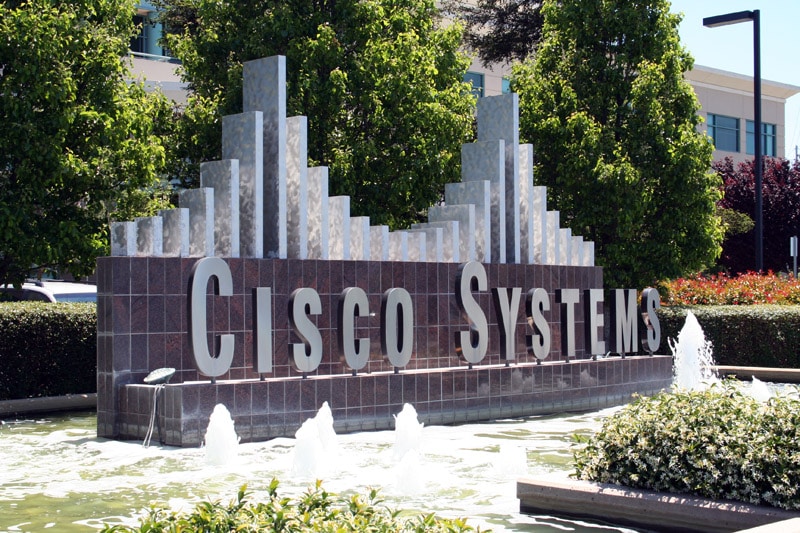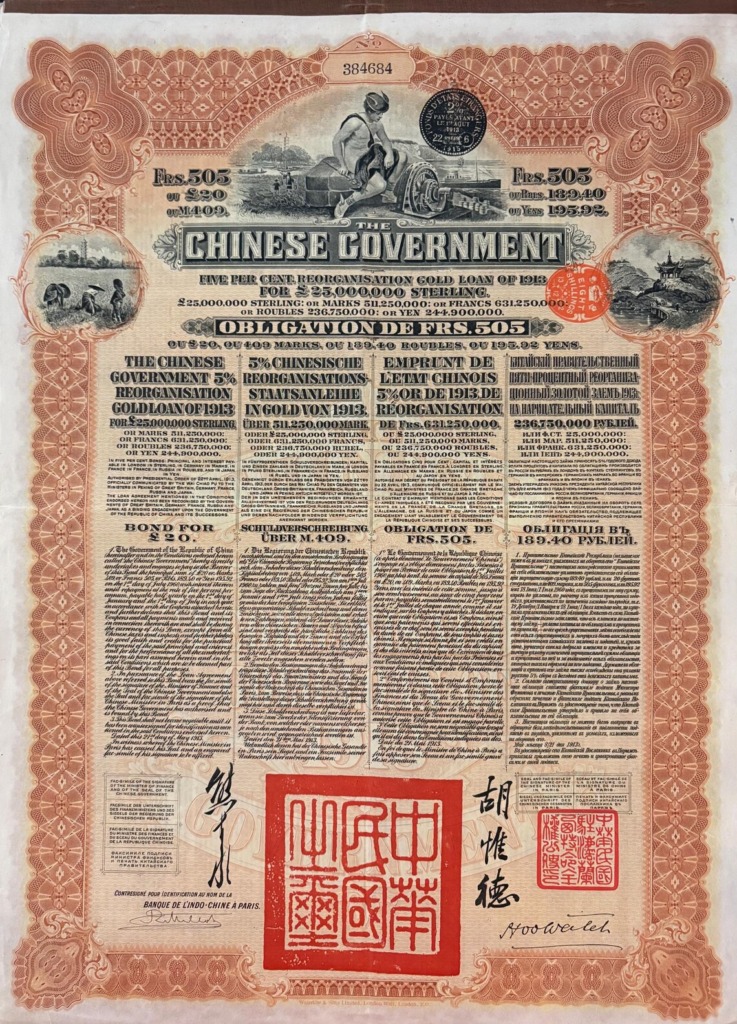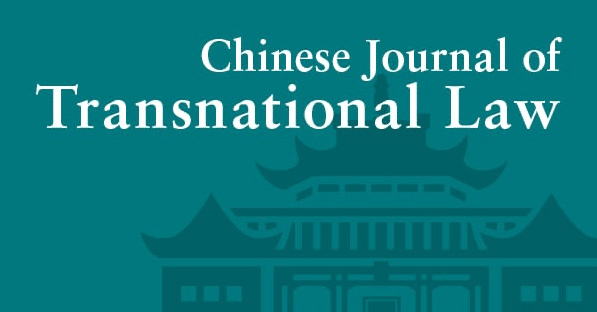Chinese Judgments Go Global: Emerging Systemic Challenges and Confidence Deficit
Over the past decade, many jurisdictions have witnessed a marked increase in cases involving the cross-border recognition and enforcement of judgments. This trend reflects the practical need to recover debts across borders and to prevent evasive debtors from hiding assets abroad. China is rapidly catching up with the international community in this domain, with a…
Continue ReadingChina’s Covid Countersuit
As the Covid pandemic raged in 2020, plaintiffs began filing suits in U.S. courts seeking damages from the People’s Republic of China and other Chinese defendants. In March 2025, a U.S. district court awarded the State of Missouri a default judgment for $24 billion against nine Chinese defendants. In November 2025, another district court awarded…
Continue ReadingSupreme Court Grants Cert in Cisco
On Friday, the Supreme Court granted cert in Cisco Systems, Inc. v. Doe I to address two questions: (1) whether claims for aiding and abetting human rights violations can be brought under the Alien Tort Statute (ATS); and (2) whether such claims can be brought under the Torture Victim Protection Act (TVPA). I have discussed…
Continue ReadingDim Sum Bonds, Panda Bonds, and Dispute Resolution
China’s push to internationalize the renminbi (RMB, or yuan) since 2008 has led to the growing share of RMB-denominated bonds in the international bond market. So-called “panda bonds” and “dim sum bonds” are variants of RMB-denominated bonds. Panda bonds are onshore RMB debt issued in China by entities domiciled outside mainland China. Overseas issuers use…
Continue ReadingSolicitor General Recommends Granting Cert in Cisco
In Doe v. Cisco Systems Inc. (2023), the Ninth Circuit held that claims for aiding and abetting human rights violations could be brought under the Alien Tort Statute (ATS) against Cisco Systems and under the Torture Victim Protection Act (TVPA) against Cisco’s former CEO. The plaintiffs allege that Cisco designed, built, and maintained a surveillance…
Continue ReadingNew Developments in U.S. Covid Litigation Against China
Just last month, I wrote about suits filed in U.S. courts against the People’s Republic of China and other Chinese entities for damages arising from the Covid pandemic. In the last two weeks there have been two significant developments. First, on November 14, 2025, the U.S. District Court for the Southern District of Mississippi (Judge…
Continue ReadingA Helpful Decision on Serving Defendants in China
We have covered extensively on TLB the challenge of serving defendants located in China in accordance with Federal Rule of Civil Procedure 4 and U.S. treaty obligations under the Hague Service Convention. In a recent decision, the District of Massachusetts (Judge F. Dennis Saylor IV) provided a thoughtful analysis of these issues—citing along the way…
Continue ReadingDoes China Have to Pay Qing Dynasty Bonds?
China’s last imperial dynasty, the Qing, fell in 1912. But some bondholders have not given up trying to collect on bonds issued as long ago as 1898. The latest attempt claims that the People’s Republic of China (PRC) violated priority clauses in these old bonds when it issued dollar-denominated bonds in 2020 and 2021, some…
Continue ReadingU.S. Covid Lawsuits Against China
[This post is based on a keynote address delivered at a webinar on “Law Across Borders” hosted by the Chinese Journal of Transnational Law on October 16, 2025.] At a conference at Wuhan University two years ago, I provided a U.S. perspective on China’s new Foreign State Immunity Law. By passing this law, China adopted…
Continue ReadingNinth Circuit Addresses Common Law Immunity from Criminal Prosecution
Two years ago, in Turkiye Halk Bankasi A.S. v. United States (Halkbank) (2023), the U.S. Supreme Court held that the Foreign Sovereign Immunities Act (FSIA) does not apply to criminal proceedings and remanded the defendant’s claim of common law immunity to the Second Circuit. On remand, the Second Circuit deferred to the executive branch’s determination that Halkbank was not…
Continue Reading






